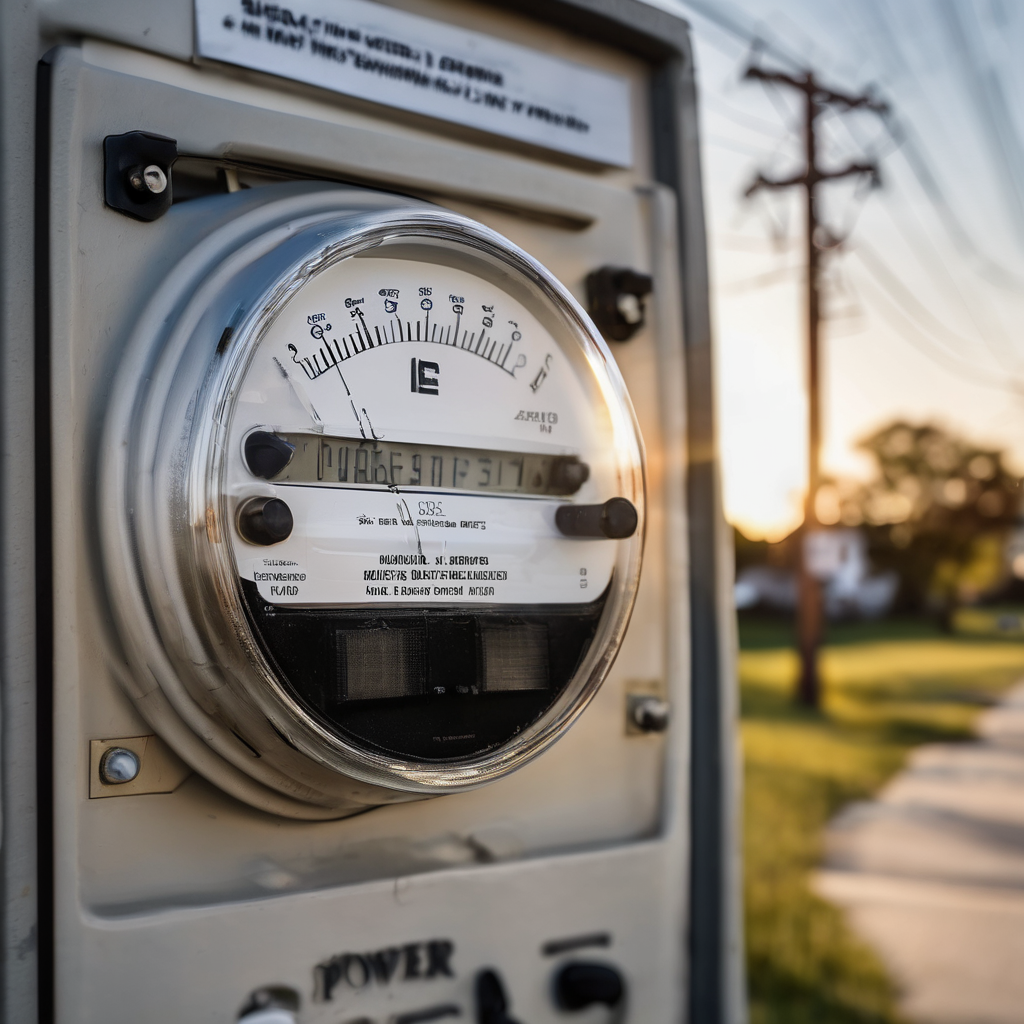Georgia Power is aiming to enhance its energy capacity by adding 10 gigawatts to the grid in response to increasing demand, particularly from burgeoning data centers looking to establish a presence in the state. However, this ambitious proposal may come with significant financial implications for customers, as analysts from the Public Service Commission (PSC) have suggested that this expansion could result in an increase of approximately $20 in monthly utility bills.
As the PSC evaluates Georgia Power’s request, public advocates are voicing concerns over potential costs to customers, many of whom are already grappling with higher utility expenses. Residents like Giselle Graciano, who relocated to Atlanta from Kansas earlier this year, reported significantly elevated bills ranging from $90 to $110 monthly. Graciano expressed her surprise at the higher costs compared to her previous home.
The PSC’s recent testimony highlighted that the planned expansion could impose an additional financial strain on consumers amid current economic challenges. Public-interest advocates emphasize that Georgia Power has raised its prices six times since 2022. Although the PSC has approved a rate freeze until 2028, there are concerns that bills may rise once this freeze expires. Kimberly Scott, the Executive Director of Georgia WAND, characterized this situation as distressing, predicting potential rate increases as early as 2028 or 2029.
In response to the critiques, Georgia Power’s spokesperson, Matthew Kent, contested the PSC’s projections, arguing that the demand forecasts are speculative. Kent affirmed the company’s commitment to ensuring reliable energy supply while maintaining affordability for customers, highlighting that the prospect of large-load contracts has facilitated the current freeze on base rates for the next three years.
Upcoming hearings by the Public Service Commission on December 10 and 12 will provide further opportunities for discussion, with a decisive vote scheduled for December 19, just prior to the induction of newly elected commissioners. The outcome may significantly impact Georgia consumers and how the state navigates the balance between energy demand and affordability moving forward.
